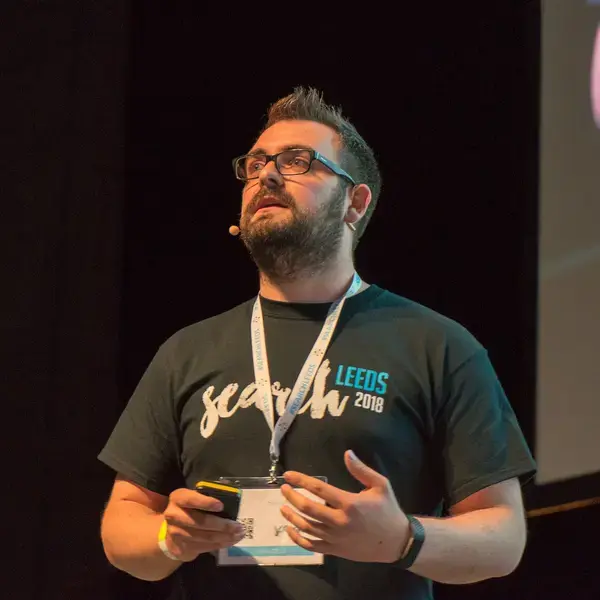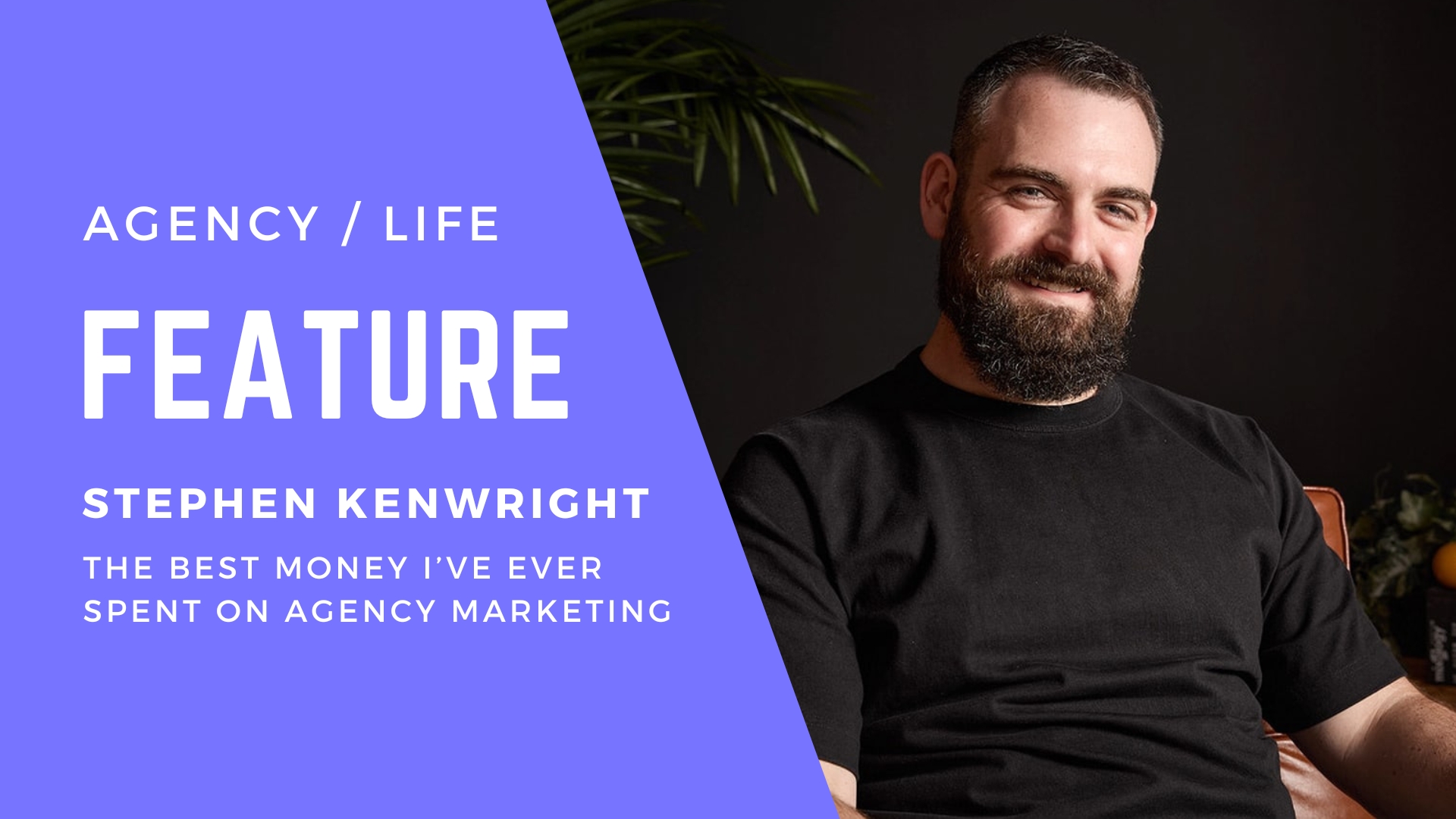If you’ve worked in agency land for any length of time, you’ve no doubt come across Stephen Kenwright.
He’s sat on the boards of some of the UK’s most respected agencies: from Branded3, which was acquired by Kin + Carta PLC in 2013 and he helped merge to create Edit – a 250-person media and CRM agency – to Ride Shotgun most recently, an independent 200-strong creative and production agency.
After a stint in-house in 2019 as Head of Digital at the £4.7bn automotive retailer Pendragon PLC, Stephen returned to agency life to launch his own shop: Rise at Seven.
In just 36 months, he grew the agency to 110 people across the UK and US, with turnover of £7.3m – before exiting in 2022.
Today, Stephen works exclusively with agencies as a management consultant and non-exec director, including the likes of Digitaloft.
He also writes a brilliant free weekly newsletter for agency leaders, full of practical insights you can actually use (a bit like Agency / Life). It’s one of the only newsletters that I make sure to read as soon as it arrives, so I highly recommend subscribing via his website.
Now, over to Stephen, who’s sharing lessons from one of the boldest bets he’s made in agency marketing.
The best money I’ve ever spent on agency marketing
Back in 2015, I was Strategy Director at Branded3, a Leeds-based digital marketing agency specialising in SEO.
Events were a big part of our marketing strategy; hosting seminars either at our Leeds office or a suitably fancy venue in London as added value for clients, training up our own team as conference speakers, and also using it as a reason to reach out to new business prospects with something valuable to invite them to.
By the time I left in 2019, I’d delivered 100 talks in 10 countries. We also invested in third-party events like Figaro Digital (which proved so successful for us that I once spoke at 10 of these in one year) and, occasionally, the CMO speed dating events.
It was after one of these speed dating events, which I recall we paid north of £20,000 to attend, that we decided to see how big we could make our own event if we were to spend that same amount of money.
So in June 2016, we produced the first SearchLeeds conference, welcoming 450 people to the Royal Armouries in Leeds.
We ran the conference again three more times, all at the first direct arena, with the final edition attended by almost 3,000 people.

It was the best money I’ve ever spent on marketing.
Why? Advocates.
Events may not deliver direct new business. But what they do deliver are advocates – people who had such a great experience that they want to work with you, or recommend you.
At Rise at Seven, advocates were everything. In our first month we won Matalan; in our first quarter Missguided. Those deals unlocked the growth that followed.
Yes, we had a strong proposition and a brilliant team, but advocates are necessary if you have ambitions of winning transformative deals.
And if you’re considering making events part of your agency’s marketing strategy, here are some realities and key lessons you’ll want to factor in.
It’s a loss leader
Producing something massive is a full time job. We could say that SearchLeeds cost £50-60k, recouping £25k of sponsorship, but that doesn’t account for the amount of time it took from Charlie Harris and Frankie Bisi, who now produce Up North as part of their roles at connective3.
If you want your event to be a better experience than your clients and prospects can get elsewhere, it’s almost certainly going to be a loss leader.
Attribution is messy
If you control the ticket sales, then you at least know that people you’re speaking to have attended, which is something you can’t be certain of when it comes to events owned by others.
But to illustrate just how messy attribution actually is, the final SearchLeeds was run under the Edit name, after Branded3 was merged and rebranded, with both connective3 and Rise at Seven launching the same year.
Almost a third of Rise at Seven leads in the first 18 months had been SearchLeeds attendees (who had specifically followed me, since I was the connection). But how many more went to connective3? Or Edit?
Even when you control the data, it’s imperfect.
Be deliberate with representation
Your lineup shapes perception.
You have to be deliberate about your choices, balancing big names (who sell tickets) with fresh voices, ensuring diversity across gender, ethnicity, and other minorities, as well as agency vs. client-side.
We eventually learned to overemphasise underrepresented groups, because, in reality, they face more barriers and are more likely to have to drop out.
Don’t shut out your peers
Many agencies decide to exclude peers from events because “they can’t buy anything”.
But we welcomed agency attendees with open arms.
These agency folk were our distribution, whilst clients, on the other hand, tend to lurk on social media.
You’ll be sacrificing both scale and social noise, so if this matters to you, let the agencies in.
And they may not buy anything right now; but where are those agency people going to be in a year, or five?
The hidden costs
Our first SearchLeeds event with 450 people at the Armouries cost roughly the same as the second with 1,100 marketers at the first direct arena.
The difference? Food.
We didn’t cater, which allowed us to scale.
If we had fed everyone, we’d have needed to charge for tickets, and SearchLeeds was always free.
Give them a reason
All the other points pale in comparison to this last one, which I cannot stress enough.
If you want clients to actually come to your event and maybe buy something from you in the future; give them something worth coming to.
A great venue is pretty much essential. When I was client-side, I once travelled two hours for an event hosted by Konica Minolta Marketing Services, because it was at Shakespeare’s Globe (and I wanted to go) – as well as great speakers and minimal self-promotion.
Brand-side marketers get invited to events every week, and in the past, I’ve been asked if I know potential invitees for multiple agency-run events all happening on the same day.
The big question is: why should that marketer go to yours?

